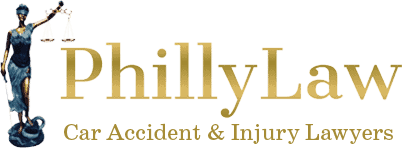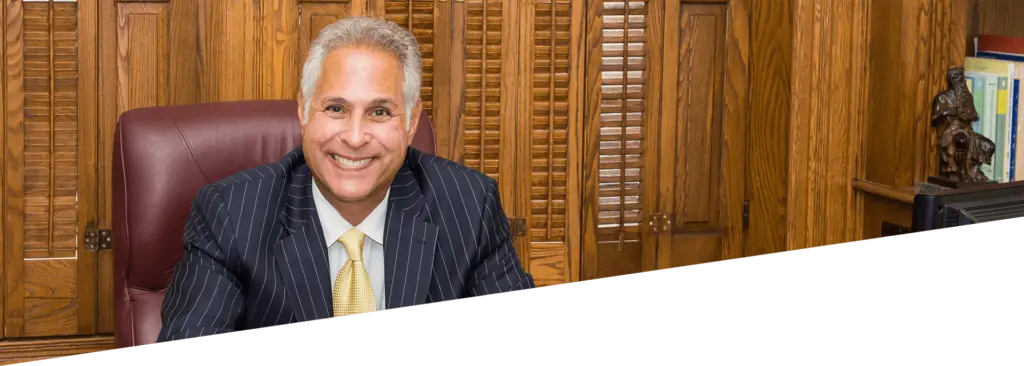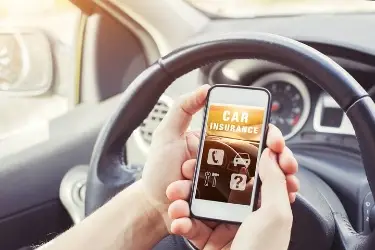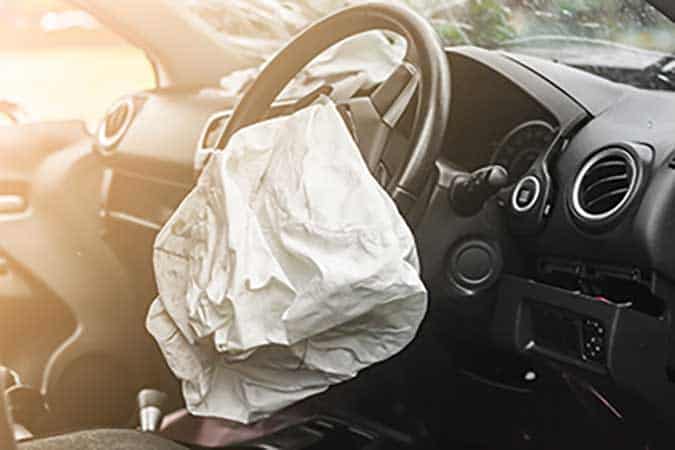Distracted Driving Injury Attorneys Serving Pennsylvania
If you’ve been involved in a distracted driving accident in Philadelphia, having the knowledgeable car accident attorneys at PhillyLaw by your side can be a game-changer. Distracted driving accident cases can be complex, involving nuanced laws and often requiring thorough investigation to prove negligence. An experienced Philadelphia distracted driving accident attorney at PhillyLaw will understand the legal landscape and can effectively represent your interests.
A distracted driving accident lawyer can help you gather necessary evidence, negotiate with insurance companies, and if necessary, advocate for you in court to ensure you receive the compensation you deserve for your injuries and losses from the distracted driver. Contact the skilled distracted driving accident attorneys at PhillyLaw for a free consultation to learn more about your options if you have been injured by a distracted driver.
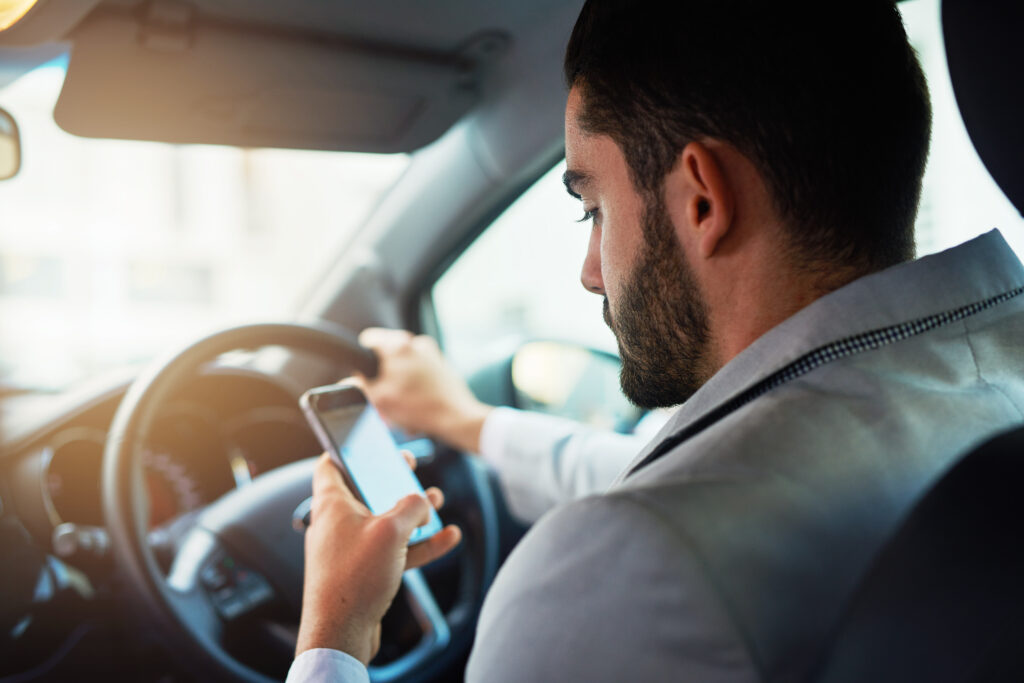
Distracted Driving Accidents
What is a Distracted Driver?
A distracted driver is someone who engages in any activity that diverts their attention away from the primary task of driving. Distractions can come in many forms, including using a cell phone, eating and drinking, talking to passengers, adjusting the radio or navigation system, and even daydreaming. These distractions can significantly impair the driver’s ability to observe traffic laws, react to dangers on the road, and ultimately control the vehicle safely.
The Three Main Factors that Lead to Distracted Drivers
According to the National Highway Traffic Safety Administration (NHTSA), there are three main types of distractions that can lead to accidents.
Visual Distractions
First, visual distractions occur when a driver takes their eyes off the road. Visual distractions can include looking at a navigation system, reading a billboard, or checking on rear-seat passengers, resulting in the driver’s eyes being diverted from the road ahead. This lapse in visual attention can mean the driver fails to notice significant road signs, upcoming hazards, or changes in traffic flow. Consequently, the reduced reaction time can lead to perilous situations, increasing the likelihood of collisions with other vehicles, pedestrians, or obstacles on the road. The risk escalates in fast-moving traffic or complex driving conditions, where even a momentary distraction can result in severe accidents.
Manual Distractions
Second, manual distractions involve the driver taking their hands off the steering wheel. Manual distractions can severely compromise a driver’s control over the vehicle. This type of distraction encompasses activities such as eating, adjusting controls on the dashboard, or using a smartphone, which require one or both hands to be removed from the steering wheel. When a driver’s hands are not on the wheel, their ability to steer accurately or react promptly to sudden changes on the road is significantly diminished. This delay or lack of control can easily lead to swerving, inability to adjust speed quickly, or a failure to execute necessary maneuvers to avoid a collision, making manual distractions a critical factor in many car accidents.
Cognitive Distractions
Lastly, cognitive distractions happen when the driver’s mind is not focused on driving. Cognitive distractions occur when a driver’s attention drifts away from the task of driving to other concerns, thoughts, or daydreams. This mental diversion can have severe consequences, as it reduces the driver’s situational awareness and reaction time. Engaging in conversations, whether with passengers or through hands-free devices, pondering over personal issues, or even getting lost in thought can significantly detract from a driver’s focus on the road. When a driver’s mind isn’t fully engaged in driving, they are less likely to anticipate and react to changing traffic conditions, signals, or the actions of other drivers promptly. This lapse in focus can lead to missed exits, unnoticed traffic signals, or a failure to observe the actions of other road users, increasing the likelihood of an accident. Hence, keeping the mind engaged with driving is crucial for the safety of the driver, passengers, and others sharing the road.
Behaviors Leading to Distracted Driving Accidents
Several behaviors contribute significantly to distracted driving accidents, a situation that is increasingly common on today’s busy roads. Texting while driving is one of the most hazardous distractions, as it combines visual, manual, and cognitive distractions. Using a smartphone for any purpose—be it for navigation, social media, or email—also poses a serious risk.
Other behaviors include eating or drinking, applying makeup, and interacting with other passengers in the car, all of which can divert a driver’s attention away from the road. Even seemingly innocent actions like changing the radio station or setting up GPS navigation can lead to a momentary lapse in attention that might result in a car accident. Recognizing and avoiding these behaviors is crucial for safe driving and for reducing the risk of accidents caused by distracted driving.
How to Prevent Distracted Driving Accidents
Preventing distracted driving accidents requires a multifaceted approach, addressing the various ways in which drivers can become distracted behind the wheel.
Commit to Focus on Driving
One effective strategy is to make a commitment to focused driving. Before starting the car, drivers should resolve to keep their attention on the road, acknowledging the potential risks associated with distracted driving. This could involve setting up navigation and selecting music or podcasts prior to departure to minimize the need for device interaction while driving. Additionally, limit cell phone use while in the car.
Technology Can Help
Utilizing technology designed to reduce distractions can also play a pivotal role. Many vehicles now come equipped with features such as hands-free calling for cell phones and voice commands that allow drivers to perform tasks without taking their hands off the wheel or their eyes off the road. Additionally, apps that limit notifications or disable certain phone functions while the vehicle is moving can be incredibly beneficial.
Adopt and Promote a Culture of Safety
Another preventative measure is to adopt a culture of safety within families and among friends. Discussing the dangers of distracted driving and setting a mutual expectation to avoid such behaviors can encourage accountability. Parents and guardians can lead by example, demonstrating safe driving habits for younger family members.
Education and Resources
Finally, taking advantage of education and resources provided by organizations dedicated to road safety can further awareness and impart valuable strategies for avoiding distractions. Many organizations offer materials, workshops, and seminars on defensive driving techniques and the importance of maintaining focus on the road.
By implementing these strategies and fostering an environment of mindfulness and responsibility, drivers can significantly reduce the risk of distracted driving accidents, safeguarding themselves, their passengers, and other road users.

Steps to Take Following an Accident with a Distracted Driver in Philadelphia
If you have been injured in a distracted driving accident, taking the right steps immediately afterward can profoundly impact your ability to receive compensation for your injuries and losses. Here is a concise guide on what to do:
- Seek Medical Attention: Prioritize your health above all. Even if injuries seem minor, it’s crucial to get a thorough medical examination, as some injuries may not be immediately apparent.
- Contact Law Enforcement: File a police report at the accident scene. This report will serve as an essential piece of evidence when making an insurance claim or pursuing legal action.
- Gather Evidence: If possible, collect evidence at the scene. Take photos of the vehicles, road conditions, any visible injuries, and exchange information with the other driver(s) involved.
- Document Everything: Keep a detailed account of your injuries, any medical treatment received, and how the accident has impacted your daily life and work.
- Avoid Discussing Fault at the Scene: It’s important not to admit fault or discuss the accident details with the other party. Such conversations can be misconstrued or used against you later.
- Notify Your Insurance Company: Inform your insurance company about the accident, but be cautious when discussing details. Consider consulting with a legal expert before providing a recorded statement.
- Consult with a Philadelphia Distracted Driving Accident Attorney at PhillyLaw: A driving accident attorney at PhillyLaw is experienced in dealing with cases involving distracted driving and will be able to provide advice on your rights, help you understand your legal options, and assist in pursuing compensation for your injuries.
By following these steps diligently, you can protect your health and legal rights, laying a firm foundation for seeking justice and compensation for the injuries and damages suffered due to a distracted driver’s negligence.
PhillyLaw Will Help You Recover for Your Injuries from a Distracted Driving Accident
At PhillyLaw, we excel in handling cases involving distracted driving accidents. We are Philadelphia distracted driving lawyers, and we understand the devastating impact an accident can have on your life, ranging from physical injuries to emotional and financial burdens which is why we offer a free consultation for accident victims. We take pride in our commitment to fighting for the rights of those injured due to the negligence of distracted drivers. Our legal team employs a comprehensive approach to investigating your accident claim, gathering evidence, and building a strong claim on your behalf. We aim to ensure that you receive full and fair compensation for your injuries, including medical expenses, lost wages, and pain and suffering. Trust PhillyLaw to advocate tirelessly for you throughout this challenging time.
